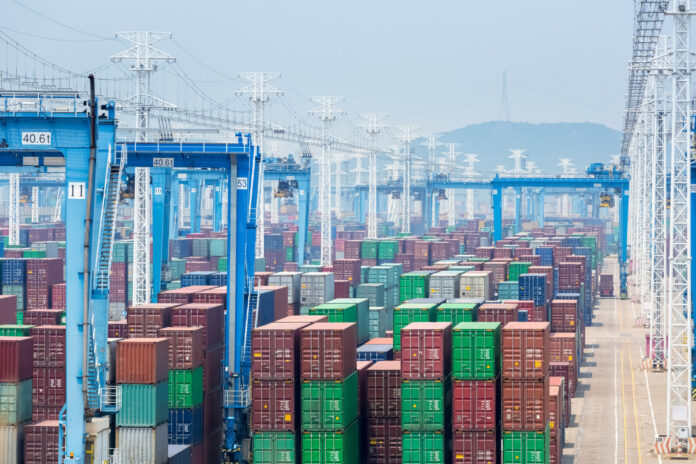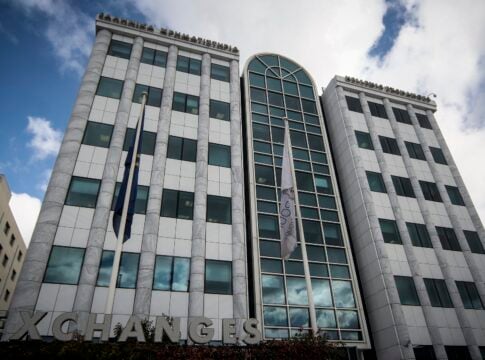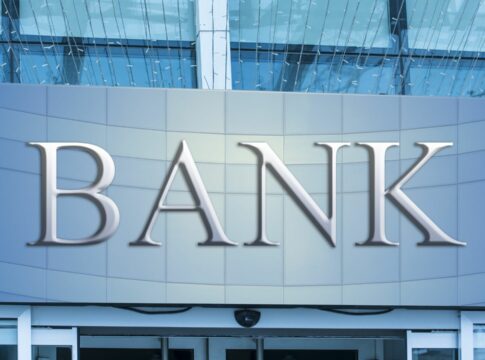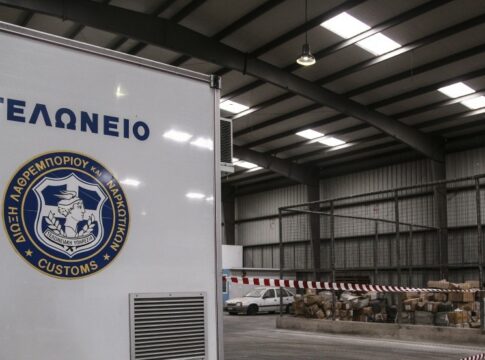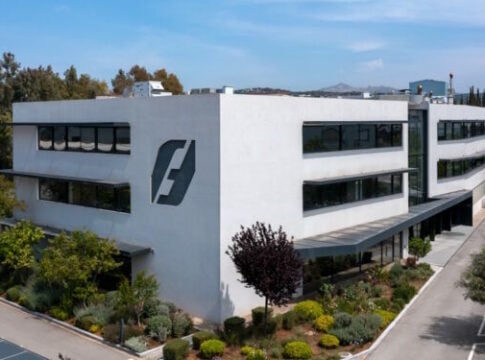The impact on the economic and business level after the Hamas attack on Israel is still too early to assess. However, it is certain that the escalating tension in the Middle East is expected to affect the markets internationally and everything will depend on the next moves.
Greek businessmen are closely monitoring the developments and seem rather concerned.
Greek companies with a presence in Israel
At the level of the broader retail sector of basic consumer goods, the listed Jumbo group has a presence in Israel. Jumbo, through cooperation with the FOX group, has started operations this year in the first franchise store in the city of Eilat. The effects of a possible stoppage or limitation of the operation of the store does not, however, affect the course of the Jumbo group since it is a franchise agreement.
According to the data of the Office of Economic and Commercial Affairs in Tel Aviv, the companies Trikalinos, Dodoni and Kolios have a presence in Israeli supermarkets – cooperating since 2011 with the largest food distribution company in Israel, Shufershall. The presence of Greek wines is extremely low over time, as are spirits despite the fact that ouzo is a popular category for Israelis who travel constantly to Greece.
Fruit and vegetable exports
The war in Israel is expected to have an impact on the primary sector and especially the extroversion of Greek agricultural products.
It is recalled that watermelons, pumpkins and fresh tomato fruits started to be exported to Israel a month ago, while kiwis have begun to be available on the Israeli market since the end of last year.
How is operating cost affected?
At the level of food exports, the effects are rather manageable for the domestic industry and exporters, but developments at the energy level are expected to have significant repercussions.
Speaking to “Naftemporiki”, officials stated that “this is another tragic development at the international level. There are two wars going on at the same time in our “neighborhoods” and the concern about escalation is rather strong internationally.
The secondary sector still remains in a state of emergency which started in 2020 with the Covid 19 crisis and is maintained due to international geopolitical developments.
New wave of high prices
In this context, the household basket is expected to receive another strong blow as developments in Israel re-ignite the factors that keep sectoral inflation high in the supermarkets.
The industrial cost in the food sector and other main consumer products is expected to receive further pressure, mainly influenced by the rally in oil prices, at a time when the industry’s ability to cut back in order to secure resources is very limited. The inability to help the industry limit production costs inevitably leads to a new round of price hikes or in the “best-case” scenario does not allow price reduction movements in the near future.


